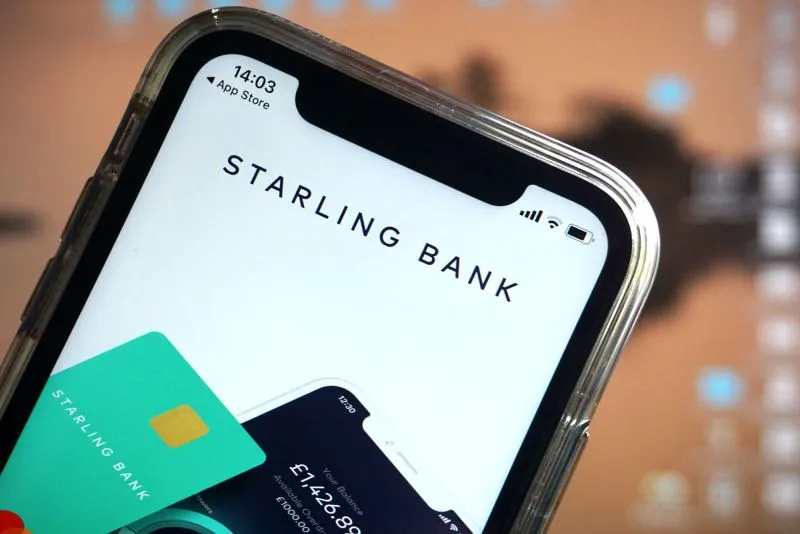AI Voice-Cloning Scams: How Millions Could Be Targeted by Fraudsters

AI Voice-Cloning Scams: A Growing Threat
According to Starling Bank, a notable UK online-only lender, AI voice-cloning scams pose a significant risk, potentially affecting “millions” of individuals. Scammers can replicate a person’s voice using only three seconds of publicly available audio, such as recordings from social media. This alarming vulnerability allows fraudsters to contact victims' friends and family, requesting money while impersonating trusted voices.
Survey Insights: Awareness Gaps
- A survey conducted with Mortar Research revealed that over a quarter of respondents faced AI voice-cloning scams within the last year.
- Many remain unaware of these scams, with 46% admitting they did not know such frauds existed.
- 8% of individuals stated they would send funds to a suspicious caller if that caller claimed to be a friend or family member.
Preventive Measures to Combat Scams
In response to these rising threats, Starling Bank encourages individuals to establish a “safe phrase” with their loved ones. This simple, memorable phrase can be used for identity verification, ensuring that any call requesting money is legitimate. It is advised to avoid sharing this phrase via text messages to mitigate risks of interception by fraudsters.
Conclusion: Vigilance is Key
As AI technology improves, its capabilities to mimic human voices resemble a new layer of risk for individuals and their finances. Continuous education and the implementation of secure communication practices remain essential in countering these dangers.
This article was prepared using information from open sources in accordance with the principles of Ethical Policy. The editorial team is not responsible for absolute accuracy, as it relies on data from the sources referenced.